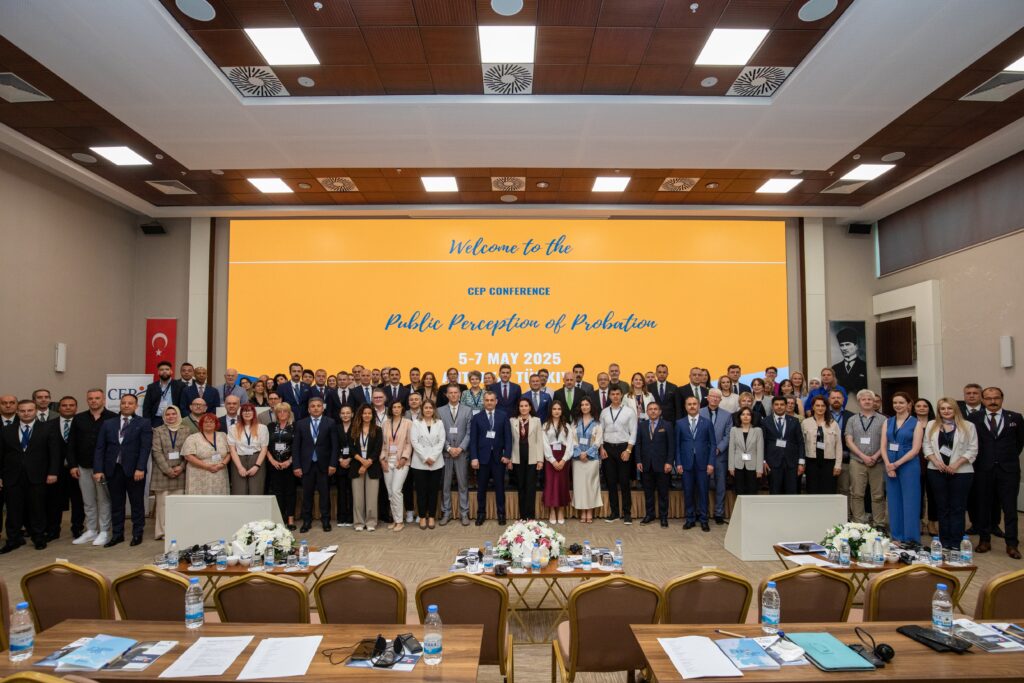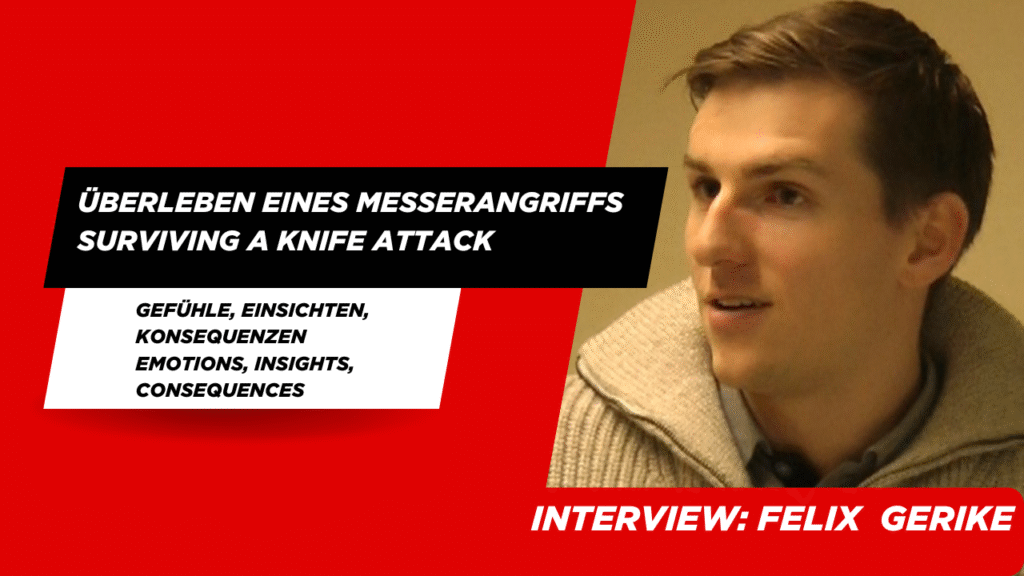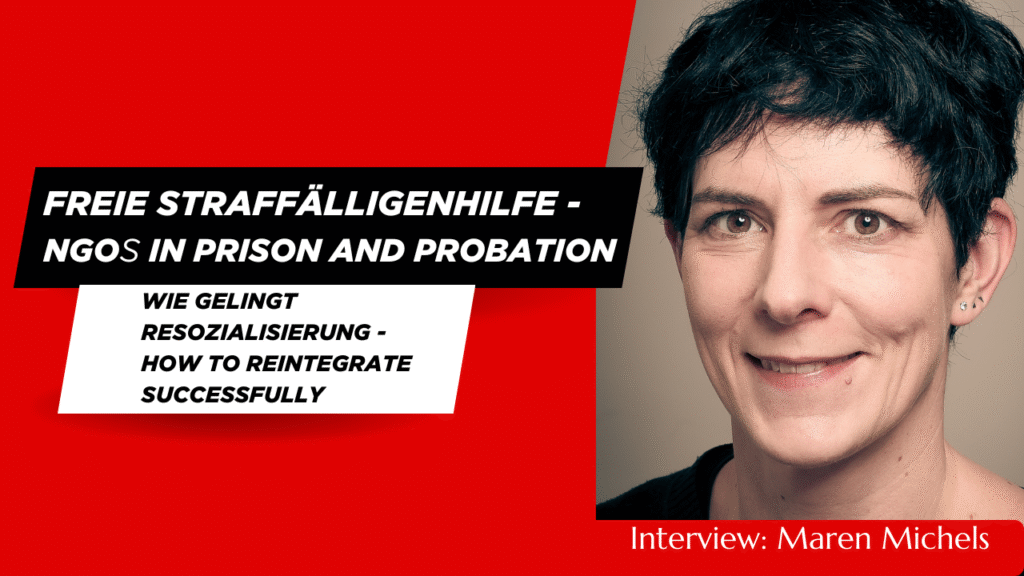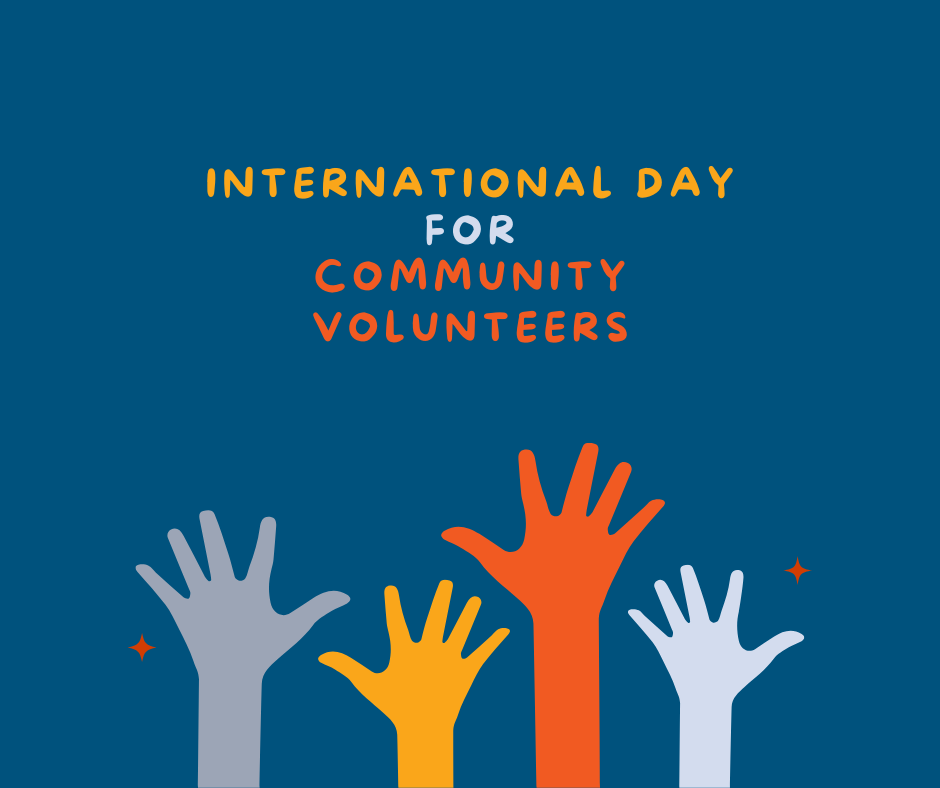Projects
Prisons of the Future
Many countries are searching for alternatives to regular imprisonment, due to prison overcrowding or budget cuts. A current alternative to regular imprisonment is home detention, combined with electronic monitoring. Whereas imprisonment isolates offenders from society on almost all areas of life, home detention restricts only a few areas of life. A continuum of alternatives to regular imprisonment can be distinguished, varying from very high security levels, where inmates are totally separated from society, to very low security levels where offenders function in the community.
The Prisons of the Future project will be searching and researching alternatives to regular imprisonment and advise on innovative solutions for future implementation.
To get insight into alternatives to regular imprisonment in different countries
From current scientific knowledge on prisons, variables can be derived, such as the formal regime, the social climate, criminality and offenders’ characteristics, and outcomes. Outcomes vary from offenders’ changed behaviors, to offenders’ adaptation to the institutional context, and systemic effects such as recidivism, cost reduction and restoration to victims. On these variables a comprehensive framework will be built to describe alternatives to imprisonment.
To assess cross-national alternatives to regular imprisonment
Very few hard, evidence-based data are available on alternatives to regular imprisonment. From the methodological perspective of realist evaluation the project will focus on why interventions do (not) work in particular circumstances. Criteria are derived to assess alternatives and to define their working mechanisms.
To search the possibilities for implementing innovative prison options for the future
Innovative prison options for the future will be developed. Countries will share experiences and learn from each other how innovative prison options for the future can be implemented, taking into account the political and institutional context.
The objectives will be attained on the basis of a participatory policy analysis methodology which combines scientific insights and subjective and tacit knowledge. During the interactively shaped process different perspectives and arguments are intertwined and a comprehensive policy framework is built.
Within the project it is planned to organize three working sessions with three representatives of each country; a practice-oriented scientist, an expert-professional from the prison system, and a policy maker. Each working session will be prepared on the basis of input from external experts and national teams. The final results will be presented and debated during a concluding conference and in a final report.
- the first working session is oriented at drawing up national trends of penal policy in the last decade and alternatives that have been considered.
- the second working session selects a few best practices, such as an open, low security prison, and home detention with electronic monitoring, in order to assess them in depth on different criteria.
- the third working session focuses on exploring implementation problems that will be encountered by applying innovative prison options for the future and tackling these problems.
Number and types of beneficiaries
Primary beneficiaries are the participants in the working sessions. Secondary target groups are scientists, policy makers and prison practitioners in different countries who benefit from the intertwinement of practice-based, scientific and policy arguments. Finally, victims, offenders and the general public in Europe will benefit from innovative prison options which take into account different interests.
The project is aiming at achieving the following results:
- impression of a future landscape of prisons of the future
- common framework for analyzing and assessing alternatives to regular imprisonment and insight into working mechanisms of alternatives
- a comprehensive policy frame that combines retribution, rehabilitation and restoration
- a toolkit of innovative prison options and possibilities of application
Project Duration: 1.4.2014 – 31.3.2016
Lead Partner: Custodial Institutions Agency (CIA) Netherlands
Project Partners: Criminal Sanctions Agency RISE (Finland); Belgian Prison Service; Swedish Prison and Probation Administration; Department of Prisons and Probation (Denmark) Prison and Probation Department (Norway); EuroPris; CEP
Contact person: Saskia de Reuver CIA Netherlands, s.de.reuver@dji.minjus.nl.
Prisons of the future final report, Conclusion by Ioan Durnescu
Partner organisations
Our knowledge of Alternatives to Pre-trial Detention

Related News
Check out the latest news and updates on this project’s focus area.

CEP Events, Communication and Awareness-Raising
Recap: Conference on Public Perception of Probation
06/05/2025
From 6 to 7 May, the CEP Conference on the Public Perception of Probation in Europe took place in Antalya, Türkiye, bringing together over 100 participants from more than 20 countries. The event offered space for open discussion, exchange of experiences, and practical ideas on how probation is seen and supported across Europe.

Probation in Europe
New Interview Online with Felix Gerike, a survivor of a knife attack
01/05/2025
What do victims of violent crime need to recover—and what can be done to prevent such attacks?
In the latest episode of Division_Y, Jo Tein, CEP board member, speaks with Felix Gerike, a survivor of the 2023 Brokstedt knife attack in Germany. Felix played a crucial role in disarming the attacker, helping to prevent further harm. He shares his personal experience, reflections on victim support, and his views on justice and policy responses to violent crime.
Probation in Europe
New Executive Summaries for the report on Building Probation Capacity in Spanish and Italian
01/05/2025

CEP Board, Probation in Europe
New Interview Online: Maren Michels – The Role of NGOs in Probation
22/04/2025
In the newest Division_Y interview, Maren Michels, director of the Hamburg Welfare Association, shares her experiences and reflects on the vital role that NGOs play in supporting people during and after incarceration.

CEP Events
Want to Win a CEP Award? See How Finland Did It – Apply for 2025!
22/04/2025
We’re excited to share an exclusive interview with the winners of the Development of National Probation Services Award from the CEP Awards 2022:
The Prison and Probation Service of Finland.

Volunteers
International Day for Community Volunteers
17/04/2025
Subscribe to our bi-monthly email newsletter!
"*" indicates required fields
- Keep up to date with important probation developments and insights.

